When we think of robots, images of humanoid figures made of metal that perform everyday tasks and communicate with us verbally quickly spring to mind. However, there is much more to robotics research: from autonomous transport vehicles that support emergency organisations in rescue operations, to prostheses that a person can control with their thoughts, to smart factories in which robots work together with people in various forms.
The TU Graz dossiers take a comprehensive look at a research question and show the different approaches that researchers at TU Graz are taking to address it.
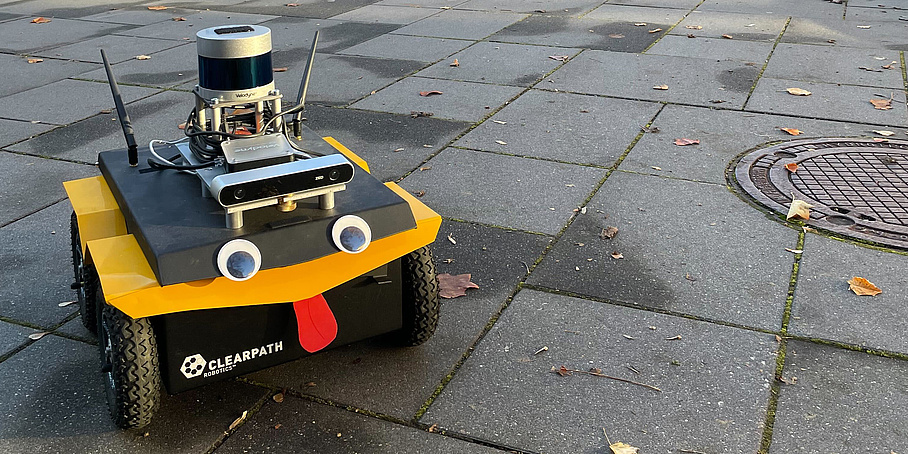
She Teaches Robots to See
Eva Reitbauer is trying to teach robots to “see”. Her robots include autonomous compost turning machines whose sensory organs are sensors such as laser scanners and cameras.
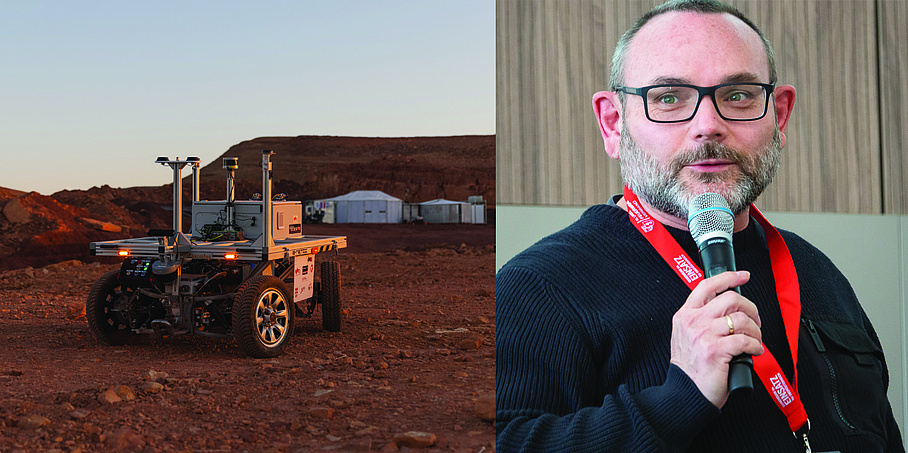
‘Truly autonomous systems won't be around any time soon’
Gerald Steinbauer-Wagner has been researching robots for almost 25 years and they are now able to solve complicated tasks. However, they are not autonomous, says the researcher, as they are still unable to actually understand their environment.
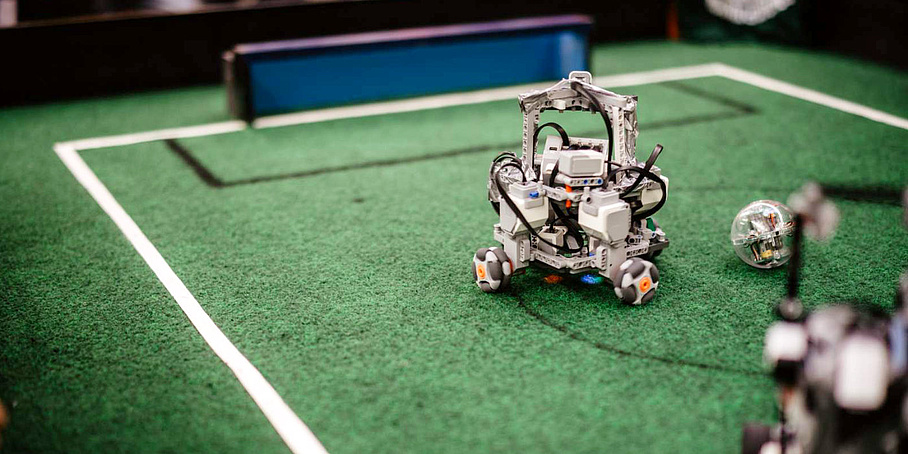
‘Things get exciting only in the real world!’
The RoboCup aims to get young people interested in science and technology. Gerald Steinbauer-Wagner explains how the initiative came about and why it remains important even in the age of generative AI.
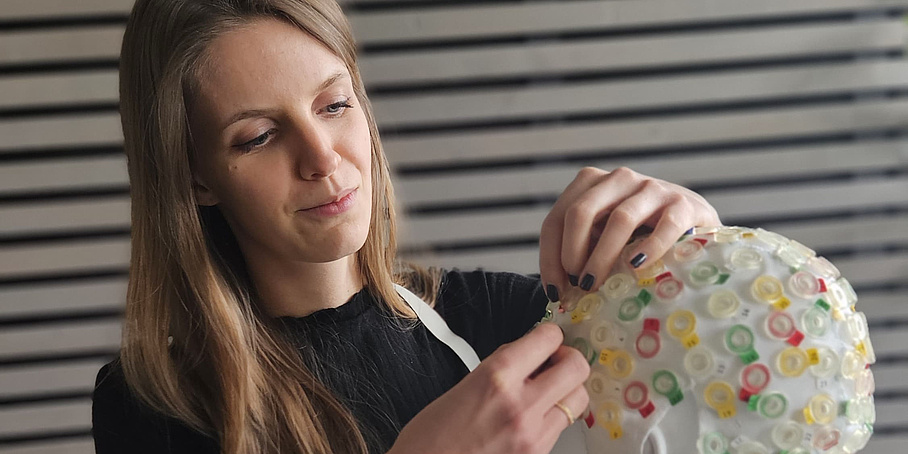
How the Human Brain Reacts to Errors
Hannah Pulferer is investigating brain waves at TU Graz’s Institute of Neural Engineering with the chief aim of improving brain-computer interfaces.
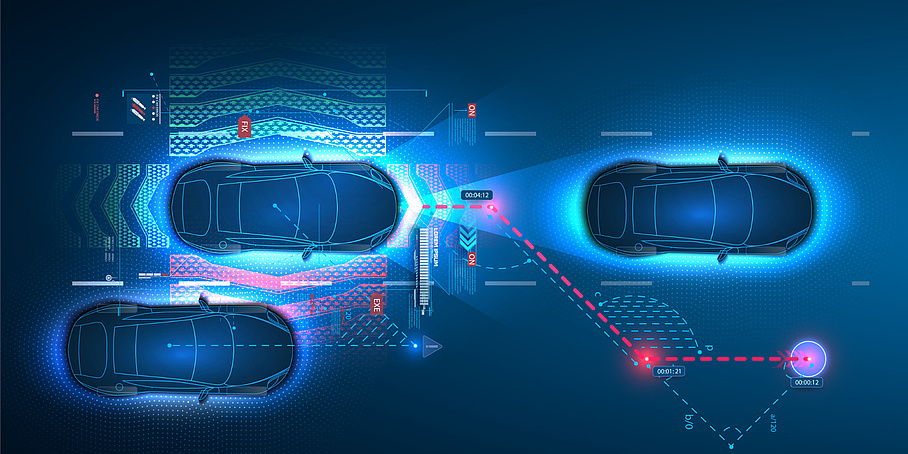
From the Lab to the Street: How TU Graz is Making Driver Assistance Systems Safer
In the Christian Doppler laboratory under his direction, Franz Wotawa has developed test and monitoring procedures with company partner AVL that make current driver assistance systems safer.
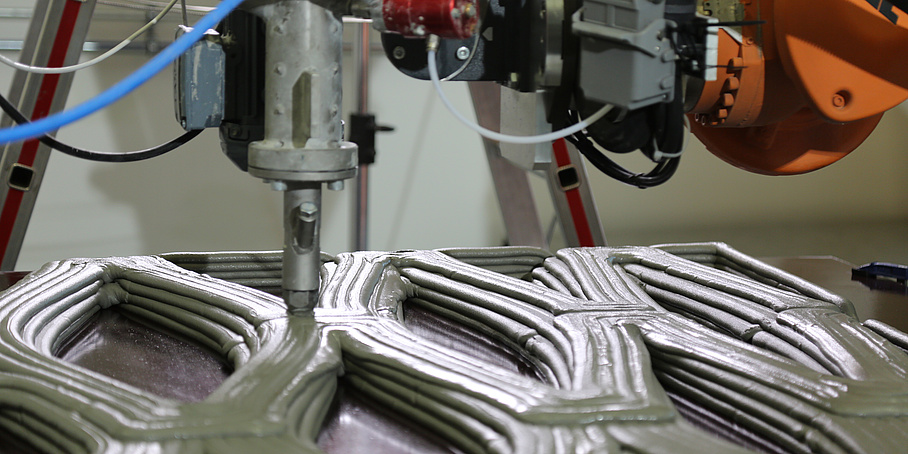
From the Archiv: Coebro: 3D-Printers Learn to Build Houses
Many things today can be produced simply, fast and cheaply using a 3D printer: jewelry, small components and even prototypes. Printing complete houses is still a long way off. For the moment, at least.

